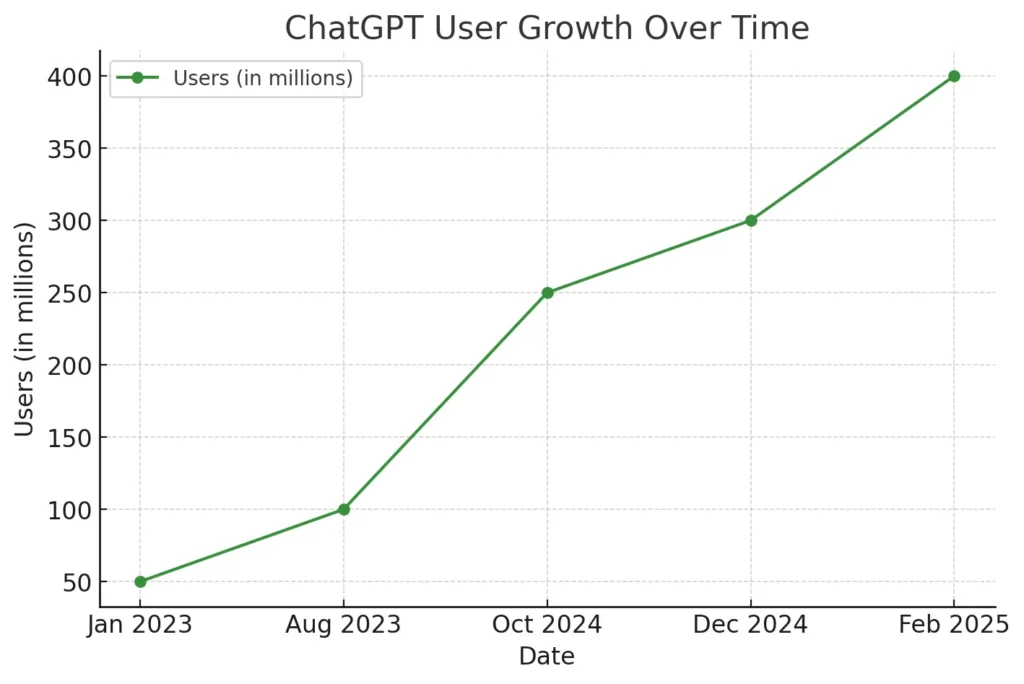As individuals, we have been working with SEO since before Google. Something fairly consistent that we’ve found throughout the years is that we’ve often heard that SEO is dying, especially when the next shiny new thing came along. Certainly, we’ve seen things like social networks have an impact, but overall it was far more complementary than anything. While users were spending more and more time on social apps, when it came down to it, if they were looking for something, they would still go to a search engine.
Search engines themselves have evolved significantly during this time as well, but it’s generally always been about making the user experience as valuable as possible. I say generally because there have been times that money was perhaps a motivation for some changes, but overall, they want to keep users coming back, so it’s still important to provide a high-value experience. So we still approach it as user-first.
We’ve always relied heavily on experimenting, never wanting to follow advice of so-called experts whose theories have often fallen short. We don’t implement things on client websites if we don’t know they will work. There are certainly times these can have a negative impact so we have to make sure it works first.
AI has been one of those “shiny new things” we’ve been experimenting with for a while. It’s been available for years in various capacities but more recently has seen a significant consumer adoption. Google themselves have significantly ramped up adoption even in their search results pages.

So with this significant level of consumer adoption, our AI experimentation has also ramped up. Honestly, it’s really an interesting space and we’ve really just scratched the surface. So a few things at this early stage we’ve noticed from our research and client data (we track and monitor all our client data on a regular basis) that are worth mentioning:
- The majority of our clients have not seen any significant drops in search engine referrals.
- Some clients in certain industries, especially technology, are seeing more significant AI referral numbers.
- AI referrals to all websites are seeing very limited conversion numbers.
Let’s have a look at the general data around AI adoption:
AI adoption has definitely increased. Many of these users will head straight to ChatGPT, Perplexity, or Claude to search for information and products especially Gen Z and Millennials.
Search engines also continue to show growth in search volume through the first part of 2025 vs the previous period, in fact some reports show a 21% increase. Google still dominates the search engine market at around 90% which is actually down from previous years with other search engines like Bing and DuckDuckGo gaining some momentum.
Google’s daily search volume averaged at around 14 billion vs ChatGPT which is estimated at 37.5 million so about 373 more for Google.
Google’s CEO has noted that the introduction of AI Overviews in search results has contributed to this increase in search usage.
What Does All This Mean for SEO?
So as I tell our clients, now is not a time to panic and make drastic changes. As I’ve suggested, client data still supports significant and valuable numbers from search engine referrals. E-commerce clients in particular are still enjoying strong search volume and revenue in both Organic and Paid. While we have seen an increase in referrals from a number of AI tools, these have not delivered any significant value.
That said, there are most certainly things you should be doing to adapt to this new LLM world which we anticipate will continue to increase in adoption in the coming months and years and is even influencing Google’s own model.

Prioritize Long-Tail Keyword Phrases – start mapping AI search intent prompts. Leverage ChatGPT or Gemini to explore valuable keyword variations that may be more question/answer based. Use prompts to convert some of your best performing keywords to explore long-tail variations. eg “What are some long-tail keywords or questions users ask about buying replacement SLA batteries?”
Explore Related Topics – “What are some topics closely related to buying SLA batteries that I should consider?”
Investigate User Intent – “What are different reasons someone might be searching for replacement SLA batteries?”
Analyze Competitors – “Can you list websites that rank well for ‘replacement SLA batteries’ and what are some common topics and keywords they share?”
Once you have a list of potential phrases and topics, leverage a tool like SEMRush or Ubersuggest to explore their value including search volume and competition.
There is still quite a bit of correlation between traditional SEO activities and AISEO but there seems to be more of an emphasis on semantics and content. Content summary, FAQ’s (questions and answers) plus knowledge graph construction, all seem to be strong contributors to positive LLM performance.
So overall, no time to panic but a slight shift in thinking for some future-proofing should be high on the list. As always, we emphasize value on a user-first approach rather than search engines / AI’s, just allow for some consideration as to where your prospective users are.






